What to Expect from an ICF Approved Coaching Programs
When considering coach training programs, it’s crucial to prioritize ICF-approved coaching programs and ICF-accredited coach training. ICF accreditation signifies that the program has met the high standards of the International Coach Federation (ICF), the leading global organization dedicated to advancing the coaching profession.
Aspiring coaches should seek ICF coaching certification programs that are ICF-certified, as these programs adhere to strict professional and ethical standards. By enrolling in an ICF-accredited coach training program, aspiring coaches can expect high-quality education that aligns with the ICF’s core competencies and ethics code. This includes detailed instruction on coaching techniques, ethical practices, and professional development. Additionally, graduates of ICF approved coaching programs are well-prepared to pursue ICF certification and establish themselves as skilled and reputable coaches in the industry.
The Curriculum of an ICF Approved Coaching Programs:
The curriculum of an ICF-accredited coach training program provides a thorough exploration of core competencies required for ICF coaching certification. These programs cover key areas, including coaching ethics, trust-building, active listening, powerful questioning, effective communication, action planning, goal setting, progress management, and accountability. Additionally, ICF certified coaching programs focus on the ICF’s core competencies, code of ethics, and definition of coaching, ensuring a strong foundation in coaching practice. Engaging in an ICF-accredited coach training program equips participants with essential skills and knowledge to achieve ICF coaching certification.
This curriculum ensures that coaches are thoroughly prepared to meet the ICF’s rigorous standards and expectations.
The Learning Experience:
ICF-approved coaching programs use various learning methods to provide comprehensive training, including:
- Integrity, honesty, and transparency are essential in coaching sessions. Coaches should focus on self-development, maintain a client-centered approach, and engage in reflective practice.
- Defining the coaching relationship and agreeing on objectives is crucial. Building a trust-based relationship involves openness and psychological security, especially when dealing with strong emotions. Coaches should also focus on enhancing their active listening skills.
- Helping clients explore their beliefs, values, and goals is important. Coaches should identify potential barriers, practice direct communication, and support clients in achieving their full potential.
These ICF accredited coach training incorporate lectures, workshops, practice coaching, and mentoring to ensure a well-rounded learning experience. Prospective coaches in ICF certification programs engage in diverse educational activities to develop coaching skills.
By participating in ICF-certified coaching programs that combine these methods, individuals gain hands-on experience and theoretical knowledge. The ICF-accredited programs successfully integrate these approaches to meet the International Coaching Federation’s high standards, ensuring a quality education.

Benefits of an ICF Accredited Coaching Programs:
Attending an ICF-approved program offers numerous benefits, making it a wise choice for aspiring coaches. These programs are ICF-accredited, ensuring high-quality standards and guaranteeing excellence and credibility. By enrolling in an ICF-approved coaching program, individuals can access practical skill development and gain hands-on experience and expertise essential for success in the field. Additionally, these programs are tailored to prepare participants for ICF certification, guiding them through the requirements and ensuring they are well-equipped to pursue certification. Overall, ICF-approved coaching programs provide a solid foundation for future coaches, offering a pathway to becoming an ICF-accredited coach with the necessary skills and knowledge to thrive in the industry.
Considerations When Choosing an ICF Approved Coaching Program
Several factors are essential when choosing an ICF approved coaching program. Firstly, the program format is crucial; ensure the structure aligns with your learning style and schedule. The program’s location is also a key consideration, especially if you prefer in-person training or need to consider travel arrangements. Moreover, cost is a significant factor, as ICF accredited coaching programs can vary widely in price. Finding a program that meets your budget while providing high-quality education is essential. Finally, ensure that the program is ICF-accredited or ICF-certified. Look for ICF coaching certification programs that the International Coach Federation recognizes, as this ensures that the training meets the high standards set by the ICF.
Conclusion:
When aspiring to become a successful coach, it is crucial to consider ICF-approved coaching programs. These ICF-accredited coach training programs provide individuals with the necessary skills and knowledge to thrive in the coaching industry. ICF coaching certification programs are designed to ensure that coaches meet high professional skill and competence standards. By completing ICF-certified coaching programs, individuals can gain a competitive edge in the coaching market and build a strong career foundation.
Popular Tags: ICF approved coach training program, ICF accreditation, best ICF accredited coaching programs, coaching programs ICF accredited, ICF accredited.





 An ICF
An ICF 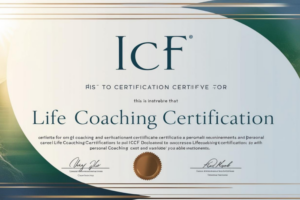 When it comes to finding the right ICF (International Coach Federation) life coach for you, it’s essential to consider a few key factors. First and foremost, look for a certified life coach who has completed an
When it comes to finding the right ICF (International Coach Federation) life coach for you, it’s essential to consider a few key factors. First and foremost, look for a certified life coach who has completed an 
 To obtain a certification as an
To obtain a certification as an 
 Developing your coaching Competencies to become an
Developing your coaching Competencies to become an 

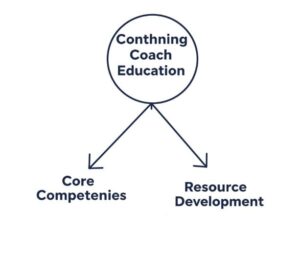

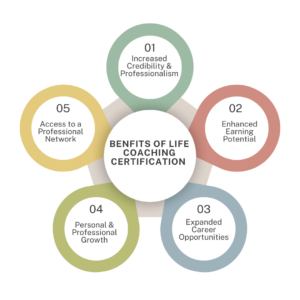
 Expand Your Network and Client Base
Expand Your Network and Client Base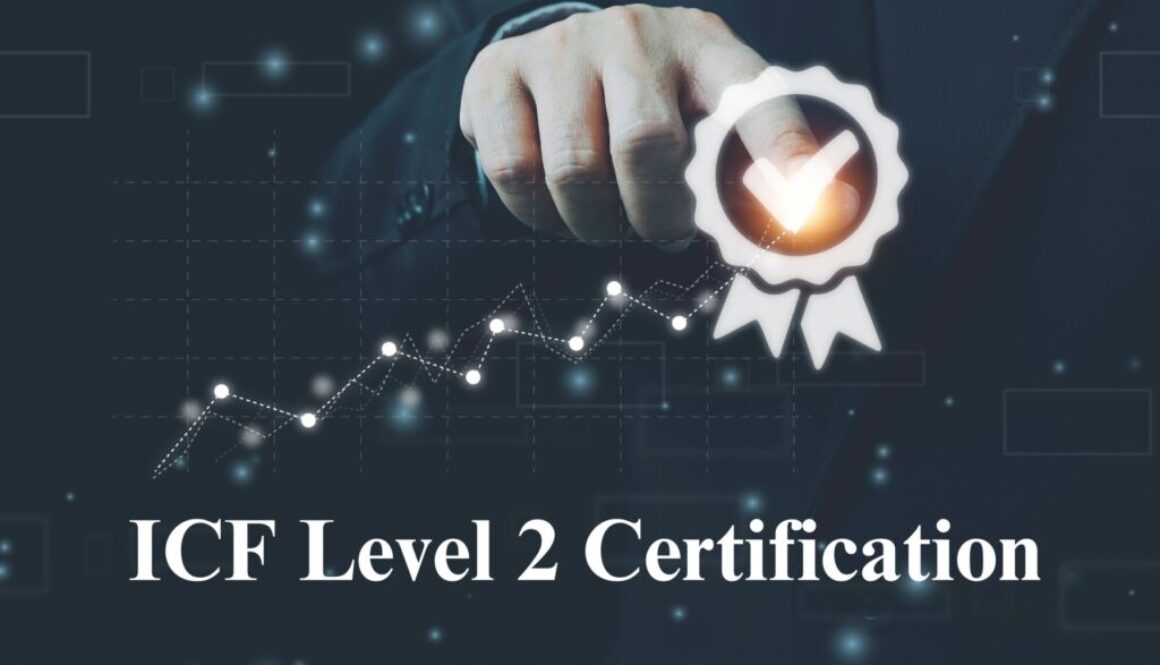
 To achieve the Professional Certified Coach level, coaches must possess advanced coaching competencies and extensive experience in the field. They must also demonstrate exceptional skills in mentoring and guiding other coaches, showcasing an ability to impart their knowledge and expertise to others. This requires a deep understanding of coaching methodologies and the capacity to transfer this knowledge to fellow coaches effectively.
To achieve the Professional Certified Coach level, coaches must possess advanced coaching competencies and extensive experience in the field. They must also demonstrate exceptional skills in mentoring and guiding other coaches, showcasing an ability to impart their knowledge and expertise to others. This requires a deep understanding of coaching methodologies and the capacity to transfer this knowledge to fellow coaches effectively.
 Yes, obtaining coaching experience is essential for those looking to achieve the Associate Certified Coach (ACC) credential through the International Coach Federation. ICF ACC certifications require candidates to have at least 100 client coaching hours after starting coach specific training. Of those 100 hours, a minimum of 75 hours must come from paid client coaching engagements with a minimum of 8 clients. This ensures aspiring ICF associate certified coaches have significant hands-on experience. Pro bono coaching can also be included in the remaining 25 hours. At least 70 hours of client coaching hours must involve direct client interaction.
Yes, obtaining coaching experience is essential for those looking to achieve the Associate Certified Coach (ACC) credential through the International Coach Federation. ICF ACC certifications require candidates to have at least 100 client coaching hours after starting coach specific training. Of those 100 hours, a minimum of 75 hours must come from paid client coaching engagements with a minimum of 8 clients. This ensures aspiring ICF associate certified coaches have significant hands-on experience. Pro bono coaching can also be included in the remaining 25 hours. At least 70 hours of client coaching hours must involve direct client interaction.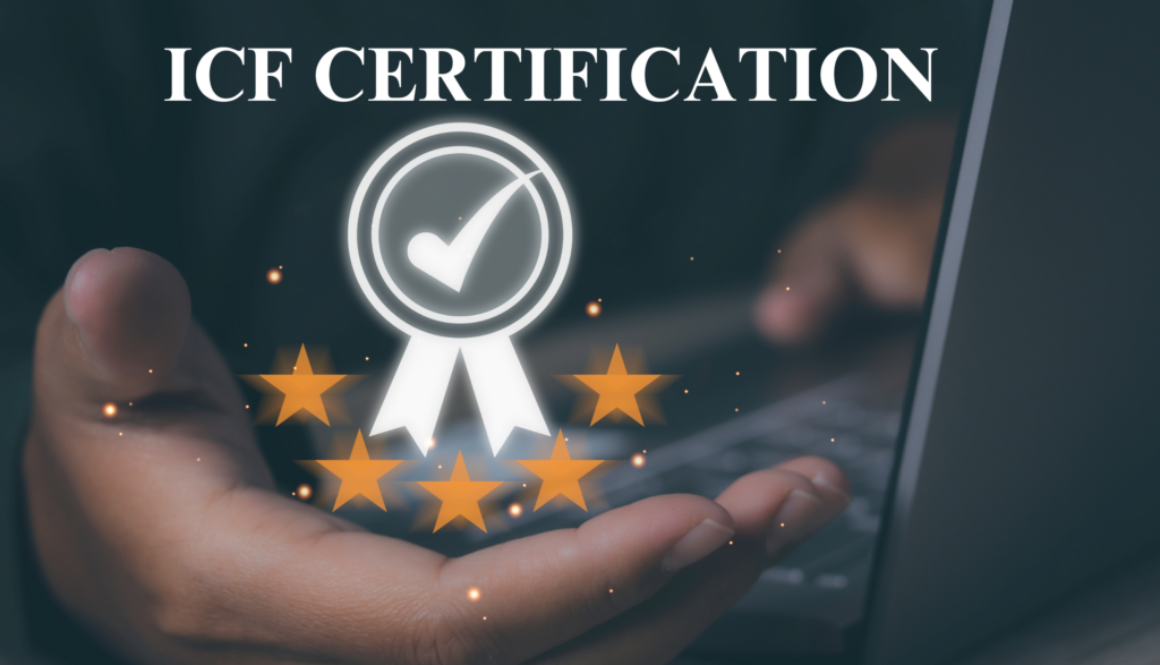
 Pursuing
Pursuing